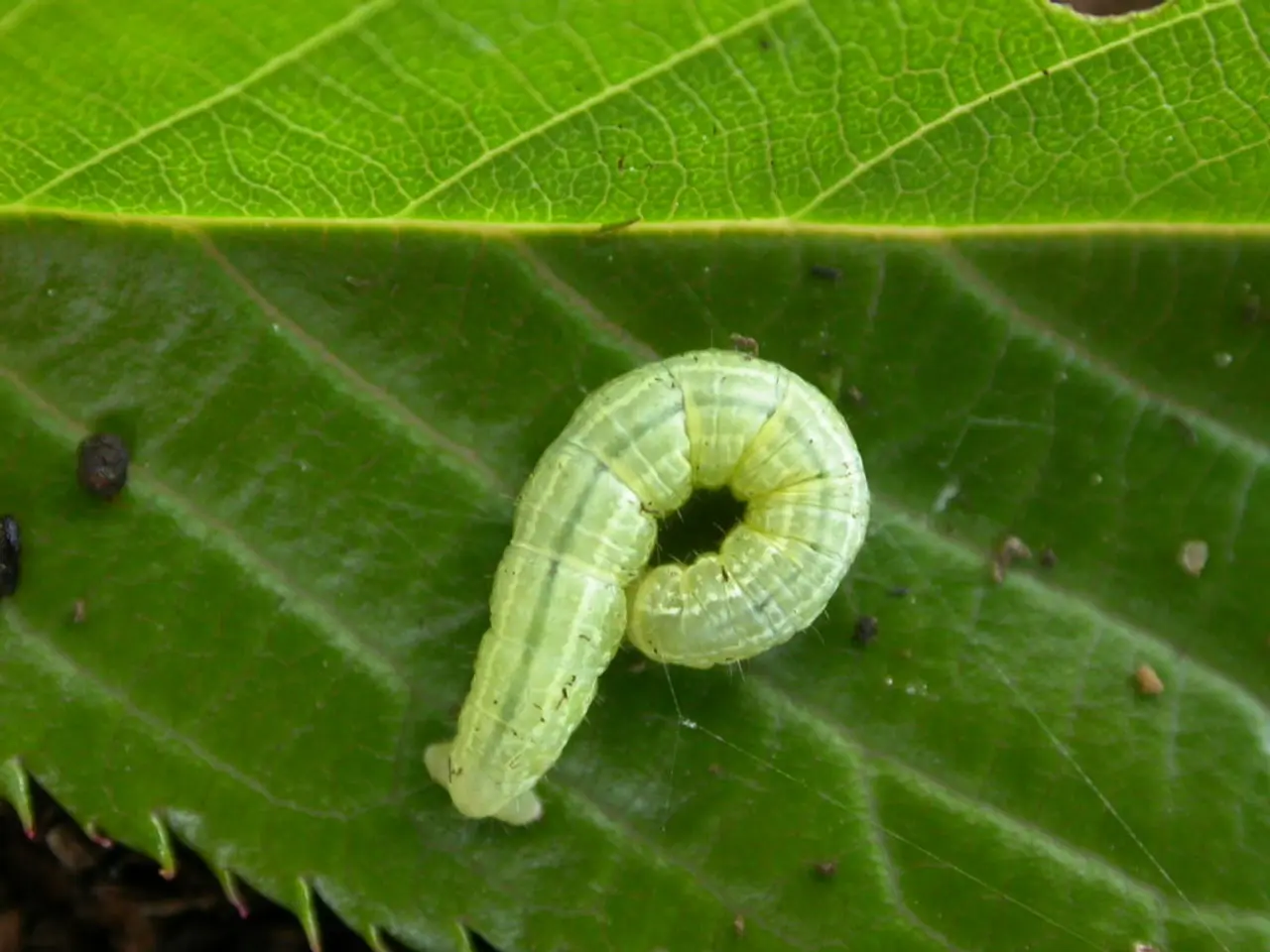European Union takes action against Barrenator worm; permits emergency usage of veterinary pharmaceuticals to combat ongoing epidemic
U.S. Authorizes Emergency Use of Veterinary Drugs to Combat New World Screw Worm
The U.S. Department of Health and Human Services (HHS) has granted the Food and Drug Administration (FDA) emergency use authorization (EUA) for certain veterinary drugs to treat or prevent infestations caused by the New World screwworm (NWS). This move comes in response to the reemerging threat of NWS, which poses a risk to livestock, pets, wildlife, and, less commonly, humans, with potential severe tissue damage and mortality.
At present, no FDA-approved drugs specifically for NWS treatment or prevention exist in the U.S. However, the EUA declaration enables the FDA to allow the use of animal drugs that are either approved for other indications or available abroad for emergency treatment of NWS infestations. This includes drugs allowed under extra-label use provisions, though the FDA has clarified it has not specifically reviewed or fully endorsed these drugs for NWS.
The significance of this emergency authorization lies in its potential to protect the nation’s food supply, livestock health, and agricultural economy. The northward spread of NWS from Mexico toward the U.S. border has raised concerns, and the USDA and other federal agencies, including the FDA, EPA, CDC, and Customs and Border Protection, are collaborating closely to combat the threat comprehensively.
While specific drug names authorized under the EUA have not been detailed, the FDA’s Center for Veterinary Medicine (CVM) has compiled a list of FDA-approved animal drugs labeled for other uses that scientific literature suggests may help prevent or treat NWS infestations. However, this information comes with disclaimers about the lack of FDA review for NWS use, gaps in scientific data, and a caution against viewing this as an official recommendation.
In summary, the current emergency use policy represents a proactive federal strategy to deploy veterinary medications—previously unapproved for NWS in the U.S.—to combat the parasite quickly, protect livestock, and secure agricultural interests from this emerging pest threat. The U.S. government's decisive action, as stated by Health Secretary Robert F. Kennedy Jr., aims to protect the nation's food supply from the New World Screw Worm.
The losses due to the halted Mexican livestock imports exceed $1.3 billion and involve 650,000 heads of livestock, according to the Mexican National Agricultural Council (CNA). The parasite has caused hospitalizations in four individuals from Chiapas and Campeche, Mexico. The threat remains primarily animal-focused with low public health risk but high economic and agricultural impact potential.
Additional guidance for veterinarians and producers on drug use under EUA is forthcoming from the FDA. The latest closure of Mexican livestock imports has been in effect since July 9, just three days after reopening. The New World Screw Worm was declared eradicated from North and Central America decades ago, but its recent resurgence underscores the need for continued vigilance and proactive measures to protect both animal and human health.
Read also:
- Trump's SNAP reductions and New York City Council's grocery delivery legislation: Problems for city residents highlighted
- Reducing dental expenses for elderlies in Sweden: Over 50% cut in charges for pensioners by the government
- Forty-year-old diet: A list of meal choices to savor
- Exiled Life's Conundrum: A Blend of Liberation, Disillusionment, and Distress





